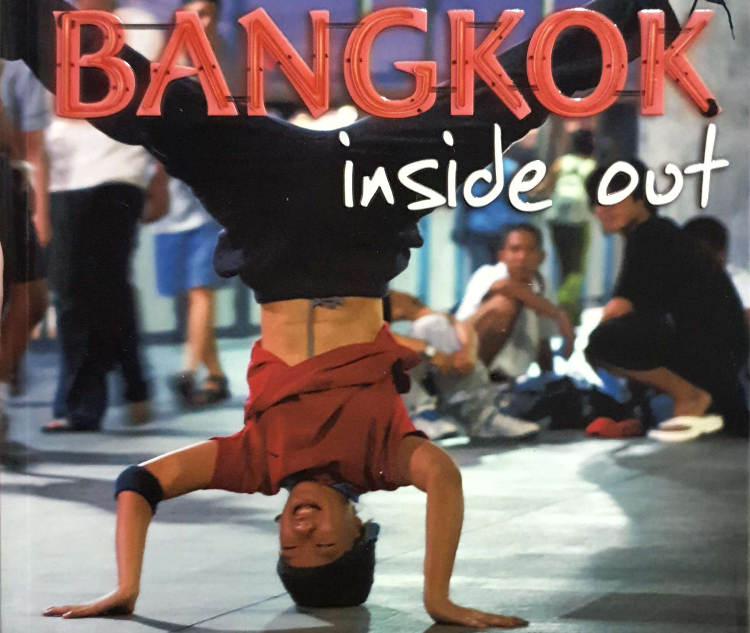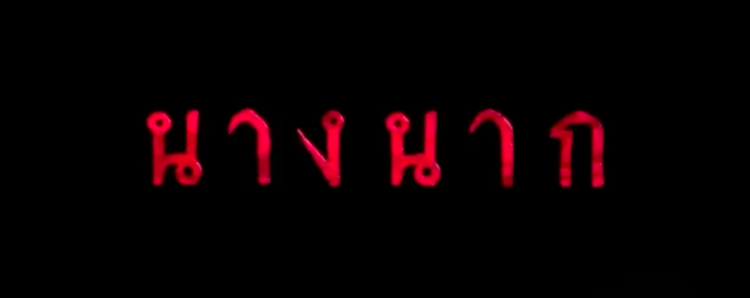Cache, by Michael Haneke, is thought-provoking, complex, and highly ambiguous. It begins with a long, static shot of a nondescript urban house, which is later revealed as footage from a surveillance camera. Videotapes of similarly covert recordings are sent anonymously to the owners of the house, Georges and Anne. It becomes clear that the sender knows Georges well, as the tapes hint at guilty secrets from his childhood.
One of the tapes identifies the location of a suburban apartment, and Georges visits it in order to investigate the source of the videos. When he arrives, he finds Majid, an Algerian orphan whom he had victimised when he was younger.
Cache has no music score, and the resultant silence emphasises otherwise trivial sounds, such as doors closing and cutlery clinking. Many scenes are filmed in long takes with a static camera - several sequences are identified as surveillance video footage, and the remainder may either be actual videos or simply scenes that resemble the videos.
Deception and betrayal seem to be recurrent themes. Georges is in denial (to himself, his mother, and his wife) about his childhood cruelty towards Majid (revealed in a flashback in which he beheads a chicken). Accusations are frequently made, and we cannot ascertain which statements are true and which are not.
On the surface, the film's central question is: who is making the videotapes? Majid convincingly denies it, as does his son (perhaps less convincingly). The film's final shot provides an explanation or clue of sorts if you look closely, though it doesn't feel completely satisfactory.
Many questions are left unanswered. Why does Georges's boss seem so sinister? Who are the mysterious friend and his mother that Georges's son stayed with? What is the full extent of the childhood rivalry between Georges and Majid? Does Georges commit suicide at the end, or merely take sleeping pills? If Majid's son did record the tapes, why does he continue to deny it?
Like Haneke's earlier Funny Games, Cache is a story of bourgeois domestic complacency invaded and destroyed. In this case, there is also a racial subtext to the narrative, as Georges is presented as a repressed pseudo-intellectual with thinly-veiled racist attitudes. The central conflict between Georges and Majid can be taken as a commentary on contemporary France's reluctance to acknowledge its racial minorities (a theme explored explosively in La Haine). War footage from Algeria is played on TV screens at several points, though the central characters are always tellingly oblivious to it.
Aside from the subtext of racial tension and bourgeois indifference, there are also excellent performances by Daniel Auteuil (Georges), Juliette Binoche (Anne), and especially Maurice Benichou (the emotional Majid). Its unresolved narrative makes a second viewing essential.








